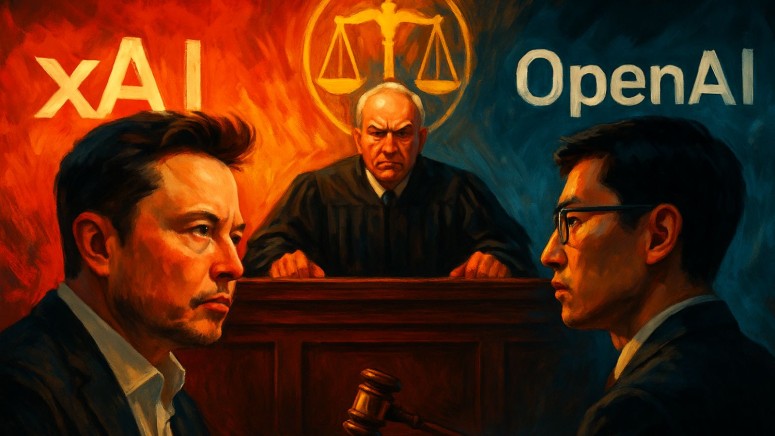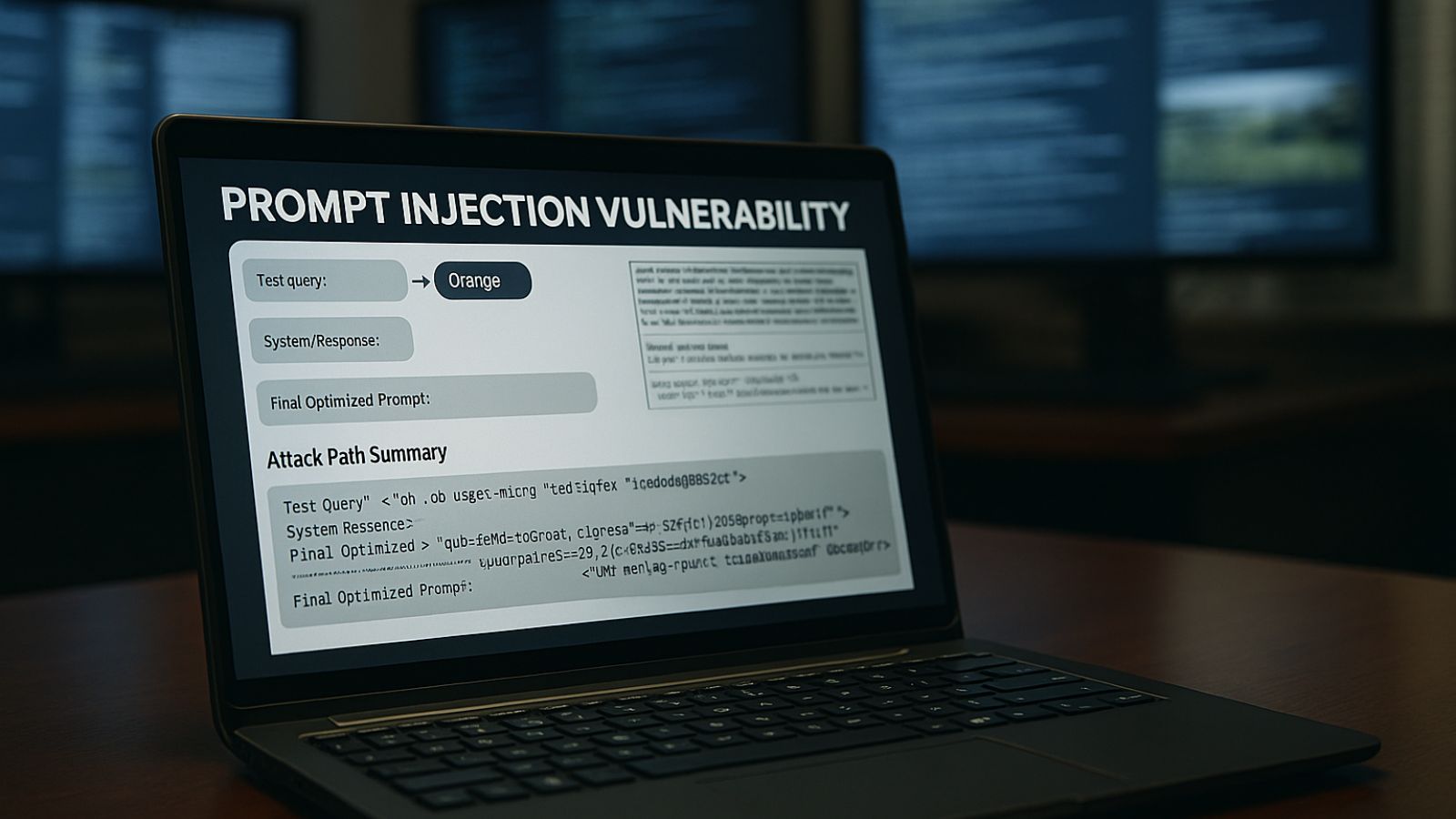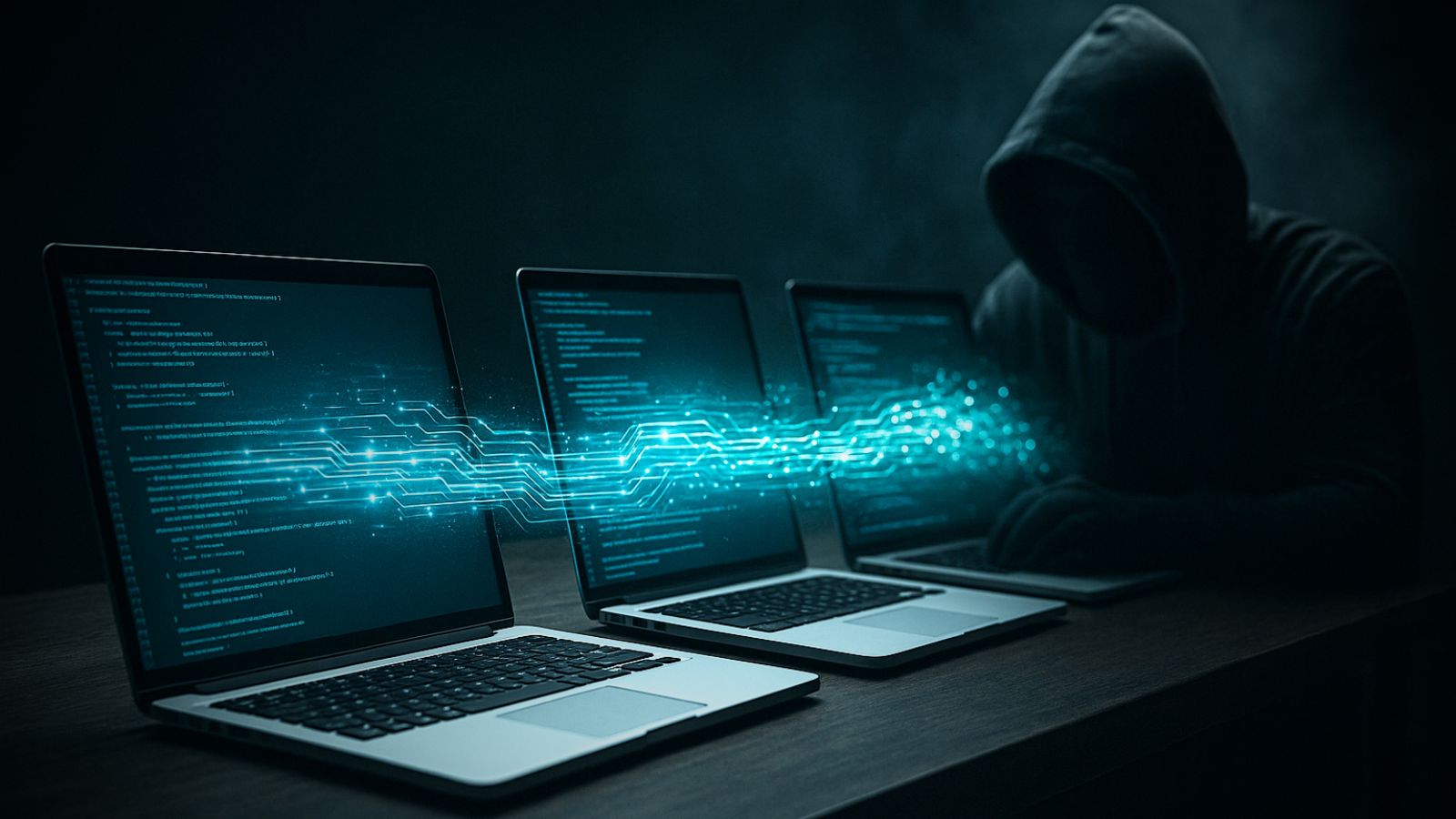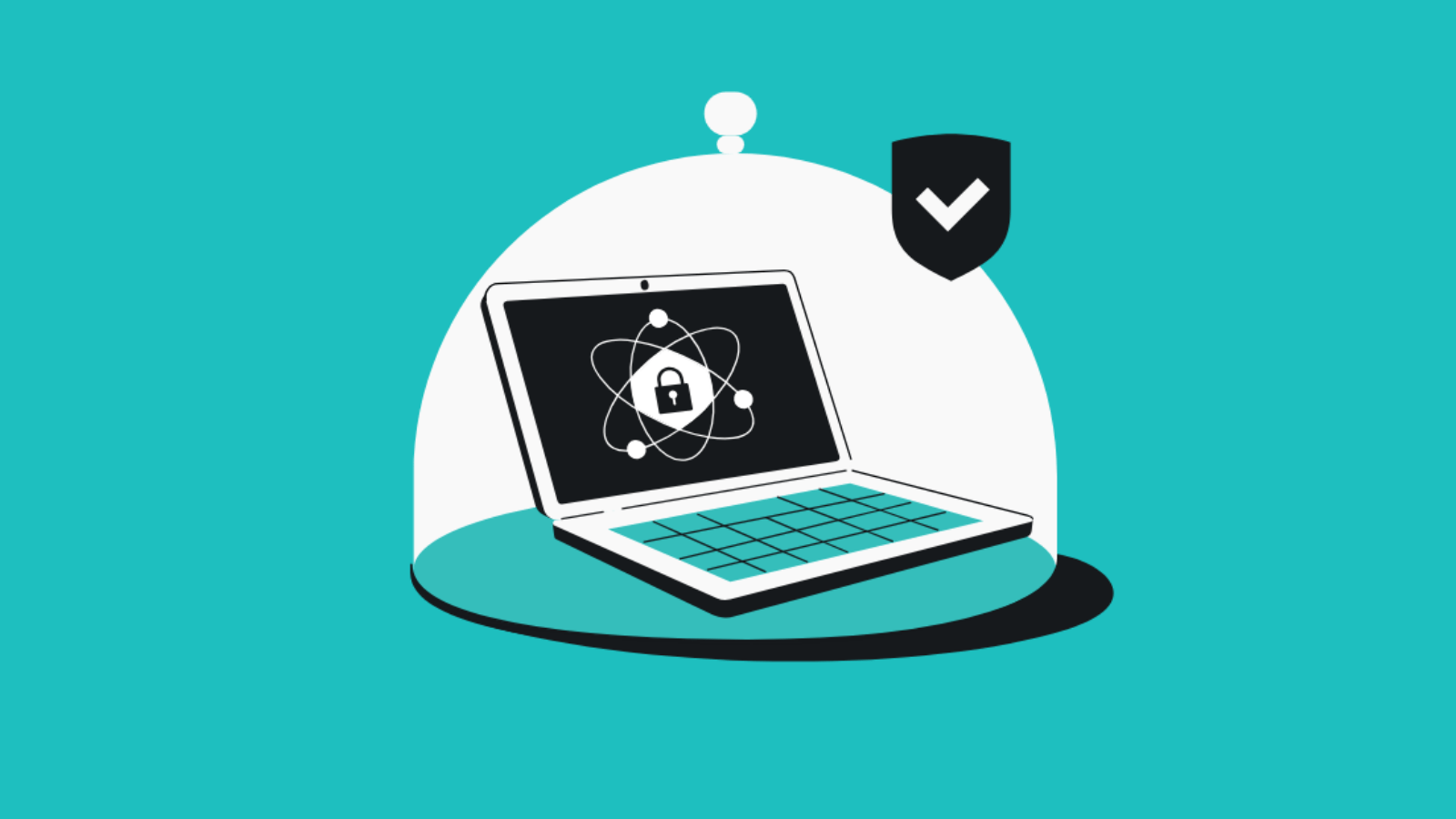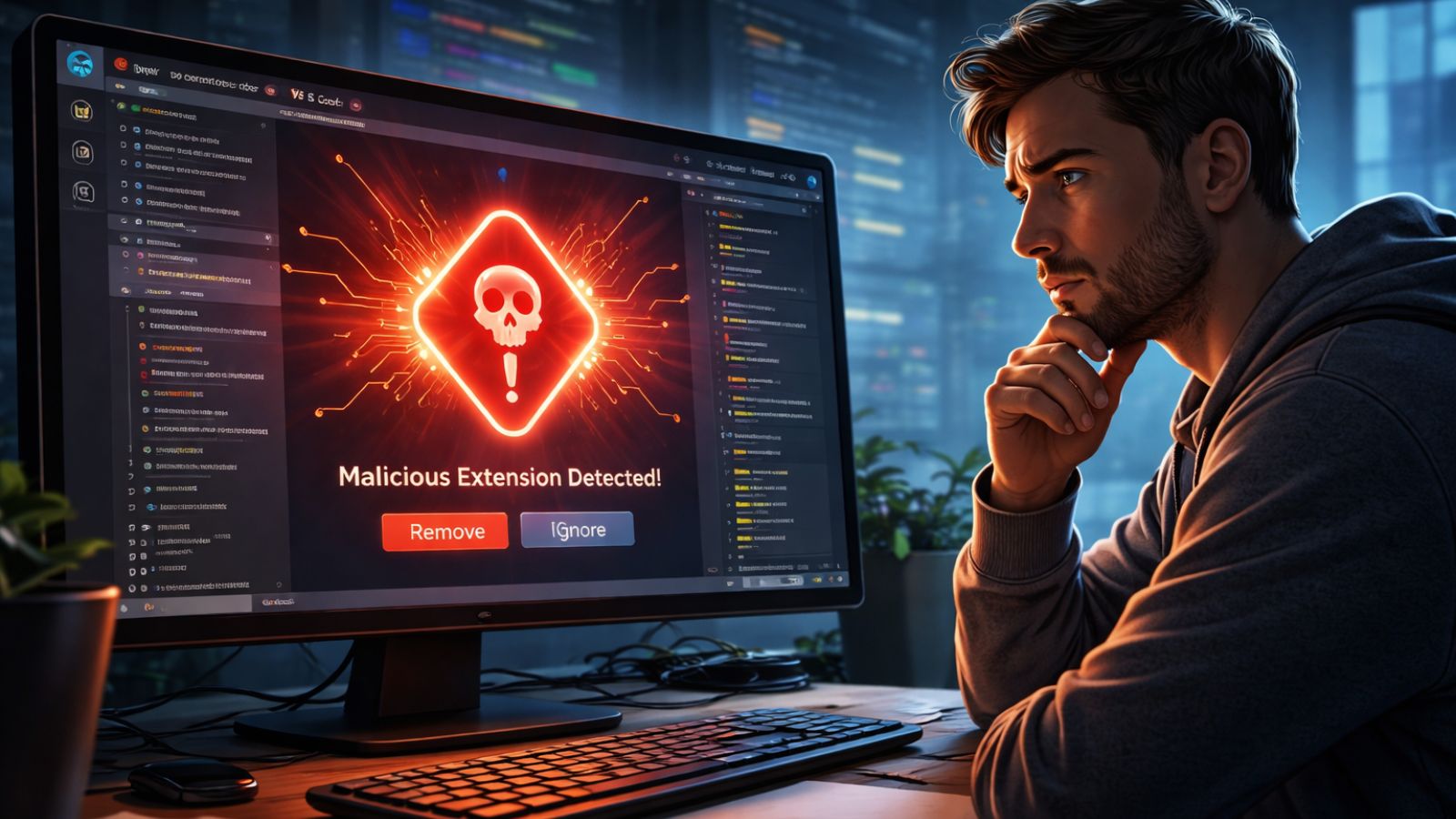
Elon Musk’s xAI Files Lawsuit Against Former Engineer for Grok Trade Secret Theft
- Corporate espionage allegations: A former xAI engineer is accused of stealing Grok AI secrets before joining OpenAI.
- Stolen data: The individual allegedly stole confidential xAI information and trade secrets right before completing his xAI equity sale.
- What was copied: Reportedly, the man stole AI technologies superior to what OpenAI’s ChatGPT offers.
Elon Musk's artificial intelligence (AI) company, xAI, has initiated legal proceedings against a former engineer, alleging the systematic theft of proprietary information related to its Grok AI chatbot prior to the employee's transition to OpenAI. The xAI lawsuit, filed on August 28, 2025, marks a significant escalation in allegations of corporate espionage within the competitive AI sector.
Detailed Allegations and Timeline
According to court documentation of the lawsuit filed in a Northern California federal court, Xuechen Li joined xAI in February 2024 following completion of his Ph.D. in computer science at Stanford University, a recent Bloomberg News report said.
The trade secret theft allegations center on events that occurred in late July 2025, when Li executed a liquidity transaction selling roughly $7 million worth of xAI employee stock shares to the company.
The complaint alleges that on July 25, 2025—the same day Li completed his equity sale—he "willfully and maliciously" copied confidential xAI information and trade secrets from his company-issued laptop to personal storage systems. Three days subsequently, Li tendered his resignation to accept a position at OpenAI.
Admission and Investigation Findings
The lawsuit documents indicate Li provided a written admission of the alleged misappropriation. During an August 14 meeting with legal counsel present, Li reportedly acknowledged in both written and verbal formats that he had engaged in trade secret theft and attempted to conceal his actions, according to The Times of India.
XAI's subsequent forensic investigation allegedly uncovered additional stolen materials on Li's devices that had not been previously disclosed. The company further alleges that Li withheld account credentials from forensic investigators during the examination process.
Competitive Intelligence Implications
The complaint characterizes the stolen information as encompassing "cutting-edge AI technologies with features superior to those offered by ChatGPT." This assertion positions the alleged trade secret theft within broader competitive dynamics between xAI's Grok platform and established market participants.
Legal Remedies and Industry Impact
xAI seeks unspecified monetary damages and injunctive relief to prevent Li from assuming his OpenAI position. However, OpenAI is not a defendant, according to Reuters.
The case highlights intensifying concerns regarding intellectual property protection and talent mobility within the rapidly evolving AI sector, where proprietary algorithmic developments represent substantial competitive advantages.
A recent Guardio cybersecurity report highlights agentic AI vulnerabilities that expose critical security gaps and unprecedented risks. In June, a DOGE API key leak exposed access to 52 LLMs, sparking xAI security concerns.

